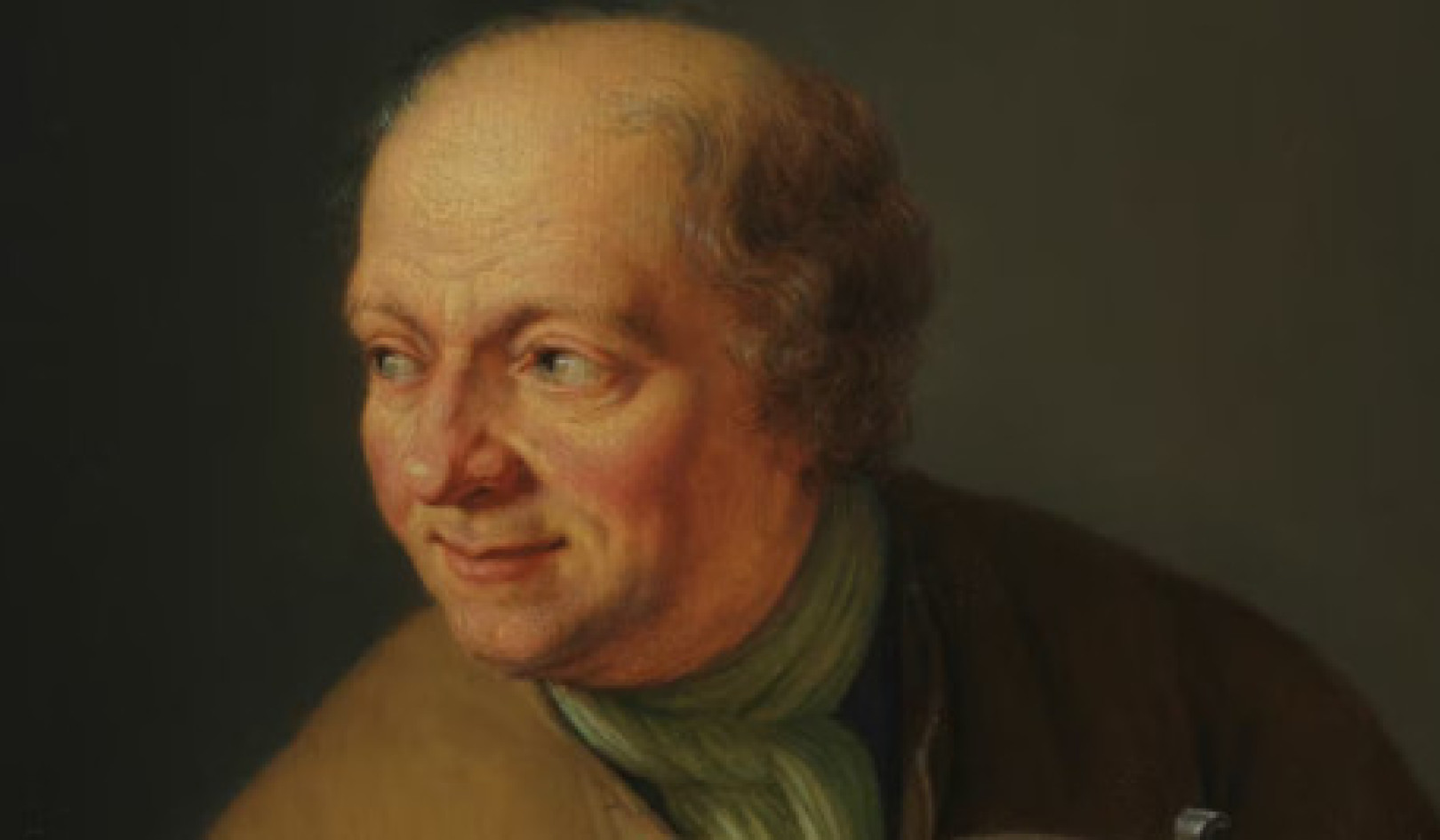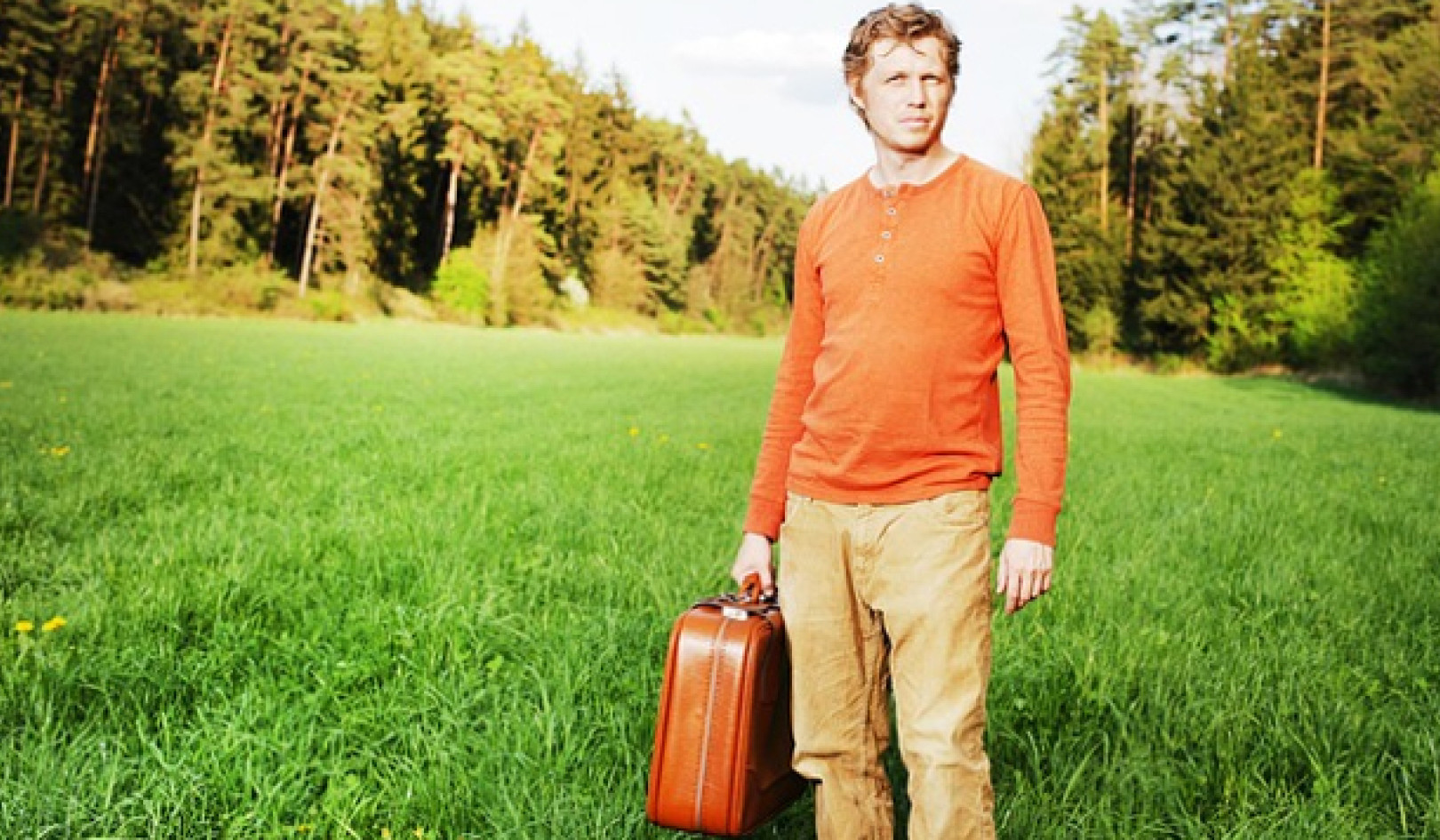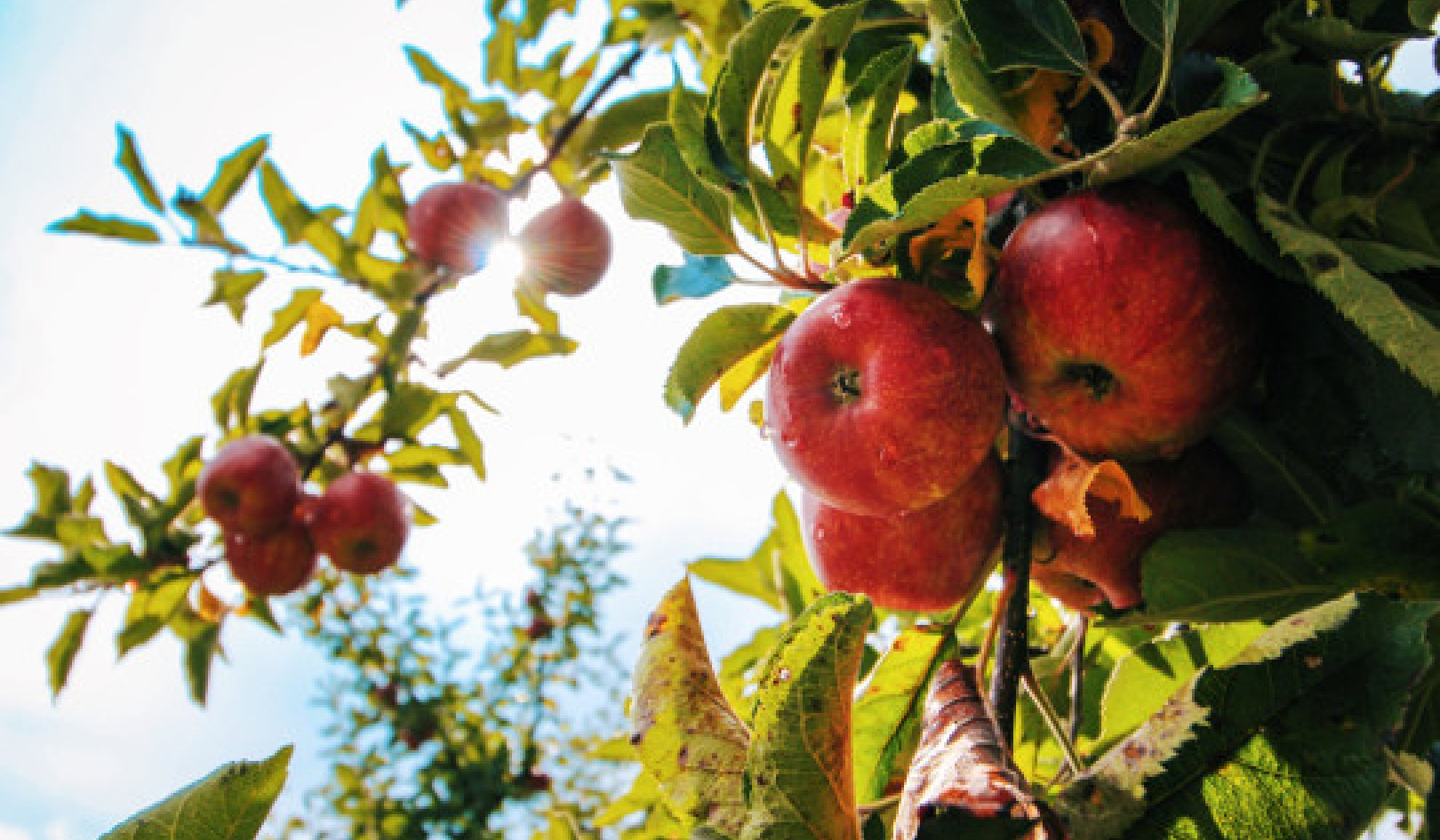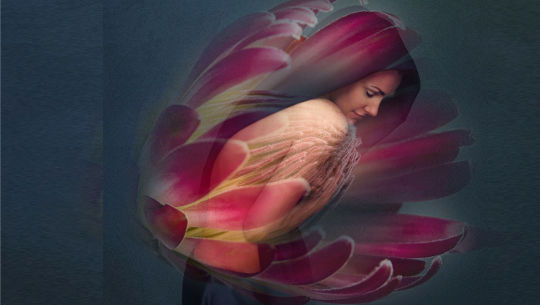
Image by bertrand71
We clasp the hands of those who go before us,
and the hands of those who come after us;
we enter the little circle of each other's arms,
and the larger circle of lovers
whose hands are joined in a dance,
and the larger circle of all creatures,
passing in and out of life,
who move also in a dance,
to a music so subtle and vast
that no one hears it except in fragments.
-- Wendell Berry, Healing
As a spiritual practice, when we ask for what we need and offer each other what we can, we enter a dance of unavoidable reciprocity. We are doing a two-step exchange of needs and offerings, and the whole village is dancing.
If we pay attention, we discover we cannot give without receiving; we cannot receive without giving. When a friend asks, "Can I give you a hug?" I wonder how she will give it to me without being in it with me? Or if someone says, "I need a hug, " does he notice that his request requires my willingness to offer my arms?
Asking / offering / giving / receiving is one circular motion. If we don't ask for what we need, if we don't offer what we can, we block the dance. Imagine a person in the middle of the dance floor suddenly not moving while all around him continue on. People would start bumping into each other, losing the beat, losing their sense of direction, tripping over each other's toes. The dance is dependent on the dancers. Reciprocity is dependent on unceasing exchange.
As we ask for what we need and offer what we can, we become spiritual traders of life's energy, time, abundance, and interrelatedness. Through this practice, we are reminded that everything lives in reciprocal relationship with everything else, whether or not we immediately perceive this relationship, whether or not we choose to be aware of it. Even though we often have an ambivalent relationship with reciprocity, not wanting to think about the times when we are the ones stopping the dance, we are inspired by it, over and over.
Parting the Red Sea, One Heart at a Time
Though it was several decades ago, I remember an autumn dusk driving out of the city in rush hour when I noticed a young boy sitting on his bicycle in the grass median between lanes of busy traffic. The pack of cars on the boulevard was crawling along bumper to bumper, giving me time to watch him as I made my way up the block. A poor boy in a poor neighborhood of subsidized housing units. Boy of brown skin, watching white-faced drivers head home to houses he'd probably only seen on television. His demeanor began to change as he waited for a break in the lines of cars. Now he slumped across his handlebars, head down, resigned.
I knew nothing of his story, but I watched him through the eyes of commonality, because I do know what it is like to stand at the side, to hope for recognition, for entrance, for safe passage, for help. I turn on my flasher lights and roll to a halt, stopping my lane of traffic. I bleep my horn and signal the man next to me. We grin at each other and he, too, stops his lane of traffic.
The boy raises his head. Before him the Red Sea is parting and he cannot believe his eyes. He looks through my windshield and straight into my heart. Our faces light up for each other, and with the greatest grin he jumps his rusty banana seat off the curb and wheelies around in the space created for him. And in his acceptance of this gesture, he creates for me a chance to celebrate exuberance.
Confident now, he takes his time. Crossing the road like a magic dancer, he struts his stuff before us all, jumps the far curb, and rides off down a side street, head high and whooping. I know nothing of his story, but I remember this moment, and trust that he does, too.
A Dance of Intersections and Connections
Trading is practice in mindfulness. It slows us down so we may notice the opportunity present in the moment. Through acts of spiritual trading we learn to see that everything is an exchange. Today I will ask for what I need, first by becoming aware of what that is.
Today I will offer what I can by holding all the choices I make within an understanding of reciprocity. The trajectory I set into the day is not a straight line; it's a dance of intersections and connections between myself and other people and the opportunities we create as we cross each other's paths.
I have a saying by Annie Dillard posted over my desk that reads: "How we spend our days is how we spend our lives." I have about sixteen hours of waking energy in a day. How do I want to spend them? What will guide my choices? My partner and some friends are going bicycling, but I need several hours of peace and quiet to write.
I trade one experience for another. There is both loss and gain. I still need exercise and a sense that I have taken advantage of sun and fresh air, so I make time to walk the dogs. I trade their canine patience for the promise of a romp. I need help finding some references, so I call the library and the local bookstore. I need to know that my beloved and I are of like mind about a problem, so we talk over breakfast and trade solitude for togetherness.
Offering What I Can When I Can
Today I will offer what I can by being open to surprise and interruption as part of the flow of my intentions. An older neighbor calls to ask if I will bring her mail from the box to her doorstep. Of course I will, though I also know it means fifteen minutes of chatting. I trade a little efficiency for the aid I can provide a neighbor. Someday I will be old and in need of a younger person's kindness.
A friend emails the request for a prayer chain for his son. I stop and light a candle on my windowsill, hold the thought of his need for a moment. Someday I will be in need of the prayers of friends and strangers.
A client calls and asks for twenty minutes of consultation. As we enter our conversation, I trust that what she asks me to give will also serve my needs.
A friend invites us for supper. I say no, not tonight, but I make a cup of tea and spend twenty minutes on the phone catching up and setting a date for the future. I trade the evening for the moment, because I want to honor our relationship even in my busyness.
A solicitor calls and I say no, but I trade one minute of politeness to a stranger who may be working hard to pay her bills. Every yes and every no is held within the flow of trade and reciprocity.
Trusting in the Give and Take
Sometimes reciprocity is immediate and obvious, sometimes we may not see it for years, or may never see it, only trust the contribution has been made and received and passed along. And I am not doing this alone. Everyone is trading with everyone else. But not everyone is thinking about trade as a spiritual practice.
I recently chose to help a teenager through her first year of community college by lending her my car several days a week for the commute. I willingly added her to my insurance, kept up repairs, and worked my own needs for the car around her schedule. I entered this agreement to signal my long-term support for her and to provide an opportunity for the two of us to practice negotiating with each other.
It was a very difficult offering because she didn't see much need to offer something back. We were not very successful in our negotiation practice, and she often used the car with an attitude of entitlement that left me feeling my kindness was abused. Many times I considered withdrawing my offer, wondering how to best help her see reciprocity as a necessary skill for entering adulthood.
It was a complex choice, and I let her continue using the car. I decided I had the stamina to make this offering and hold the tension of the trade without demanding that her understanding match mine. I will be curious to see if the gift of this support dawns on her over time. I will keep working with our relationship to instill a sense of spiritual trade. And I will keep track of my limits, for I am responsible to myself to see that I am indeed asking for what I need and only offering what I can.
Finding the Balance Between Giving and Taking
Only spiritual trading creates flow. As long as the energy is flowing and cyclical, there is enough to go around. If any one of us stops asking or stops offering, the flow is disrupted and the balance destroyed.
We all know people who give and give and give and forget to receive until they collapse into exhaustion, depression, or illness. We all know people who take and take and take and forget to offer until they find themselves alone at the zenith of their careers, divorced from their families and friends.
If we become depleted, we have no energy left to respond and no energy left to ask. If we keep demanding without reciprocating, people will respond with resentment or hoard their energy and we will not get what we really need. Perhaps the purpose of this learning cycle, playing out over and over again in our lives, is to help us see the world differently.
The Shared Power of Energy Exchange and Spiritual Trade
Our Western cultural consciousness is saturated with competitive messages and assumptions that do battle with our spiritual yearnings. We talk about money and power and time as commodities, but we hardly know how to talk about energy exchange, shared power, or spiritual trade.
There is an attitude out there (and in us) that if people are too dumb to take care of themselves, well, it's their own fault if they get taken advantage of. There is an attitude out there (and in us) that if we want something, and no one is holding onto it at the moment, well, it must be ours for the taking: land, oil, diamonds, market share, food, water, time, energy, attention.
All this confusion creates an enormous imbalance that extends all the way from our personal emotions and thought processes to the global economy. Along comes this little phrase that invites us to ask for what we need and offer what we can, and we discover it has a taproot that penetrates the subsoil of how we live in the world. This can make us very uncomfortable as our unconscious privilege comes to light, but if a growing number of us start living our lives as spiritual traders instead of as consumers or competitors, something will change in the world.
This is the whisper that calls us in the opulent West to accountability. Clattering about in our lives of too many things and too much to do, how do we learn to live simply, so that others may simply live? Really, what do we need? What do we offer? The rising interest in feng shui, in making sacred space out of our homes and offices, and in recycling all point to our awakening awareness of the need to simplify our lifestyles and make careful, conscious choices.
No Man Is An Island
In the coming years, I believe that we in the West will be challenged as never before to look at the question of what we really need and what we have the obligation to offer in order to re-establish balance in the global human family. We cannot escape the system the world is living in at this time. We cannot get pure, or self-righteous, or use our spirituality to remove ourselves from the mess we are in. We can only consider our actions within the circle of reciprocity.
This is not a New Age concept. In 1623, in his Devotions Upon Emergent Occasions, John Donne wrote his famous soliloquy: "No man is an island, entire of itself; every man is a piece of the continent, a part of the main; if a clod be washed away by the sea, Europe is the less...." He understood. And somewhere inside ourselves I believe we understand. It's just hard to see this reality in our own culture where so much stuff puts us constantly to sleep.
So on a recent trip to Africa I practiced noticing with new eyes. I noticed that people were living side by side in what we would call great wealth and what we would call stark poverty. The wealthy members of the community had many resources and stockpiled goods, just as we do in America, but where the flow of these goods stopped was much more obvious. The goods stopped at the color line. The goods stopped at the neighborhood line. The goods stopped at the economic line.
I could wander a shopping mall that was like any mall in the Western world, with the goods priced according to Western standards of living. But outside, at the edge of town, at the edge of the squatter villages, the markets were completely different. Here people sold crafts they had made themselves or bartered from other tribes. Money that would pay for one dinner in the city could buy a family's month supply of cornmeal in the village. In these conditions, to ask -- What do I really need? What do I have to offer? -- brought fresh insight and awareness. And discomfort to my status quo.
Teaching the World to be Rich in Spirit
While I pondered these questions, a woman told me with quiet dignity, "We are happy to be poor in Africa, that we might teach the world how to be rich in spirit. Despite our painful history, we are attempting to bring our society back together in a way that honors all those who are here as essential members of the community." She gestured at the razor wire surrounding an opulent property. She gestured at the cardboard and tin shacks and the shared, open cooking fires.
"It is taking too long. Some people are angry. Some people are afraid. Nevertheless, the experiment continues, and we are all in it -- and you are in it with us, even though you are thousands of miles away. What are you going to do when you go home?"
At home I am going to stay awake and uncomfortable so that I can think. Not that I know how to solve this dilemma -- it being the crisis of the modern age -- but I can at least contribute my willingness to be aware. I might, for example, turn to the woman next to me in the grocery store and ask her,
"Do you ever wonder how these bananas got here in the middle of winter in a land where they don't grow? Do you wonder whether someone sends the children of the banana pickers apples from the state of Washington in exchange for this gift? Do you think we can do anything to change how so much food comes here, while so little food is left there?"
If we question, if we talk with each other, if we hold the ambivalence and donate our concerns from heart to heart, we will eventually act. We will dance with the reciprocity.
Reprinted with permission of the publisher,
New World Library. ©2002, 2005.
www.newworldlibrary.com
Article Source
The Seven Whispers: A Spiritual Practice for Times Like These
by Christina Baldwin
 In this eloquent work, self-exploration pioneer Christina Baldwin leads readers of all spiritual persuasions to listen intentionally to the voice within their soul: the voice of spirit. She does this by sharing seven meditative phrases — the wisdom gained from listening to her own inner spirit.
In this eloquent work, self-exploration pioneer Christina Baldwin leads readers of all spiritual persuasions to listen intentionally to the voice within their soul: the voice of spirit. She does this by sharing seven meditative phrases — the wisdom gained from listening to her own inner spirit.
Click here for More Info or to Order this book. Also available as a Kindle edition.
More books by Christina Baldwin.
About the Author
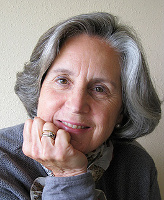 Christina Baldwin has taught seminars internationally for over twenty years. Her first book, One to One, Self-Understanding through Journal Writing (1977) has remained in continuous print since its original publication. Her best-selling book, Life's Companion, Journal Writing as a Spiritual Quest (1990) takes the art of writing and expands it into spiritual practice. In the early 1990's she began exploring how to help people bridge from explorations of personal consciousness to spiritually based social action.
Christina Baldwin has taught seminars internationally for over twenty years. Her first book, One to One, Self-Understanding through Journal Writing (1977) has remained in continuous print since its original publication. Her best-selling book, Life's Companion, Journal Writing as a Spiritual Quest (1990) takes the art of writing and expands it into spiritual practice. In the early 1990's she began exploring how to help people bridge from explorations of personal consciousness to spiritually based social action.
She is the author of Calling the Circle, The First and Future Culture (1998) and The Seven Whispers. She founded PeerSpirit, Inc." an educational company, with author and naturalist Ann Linnea.




















